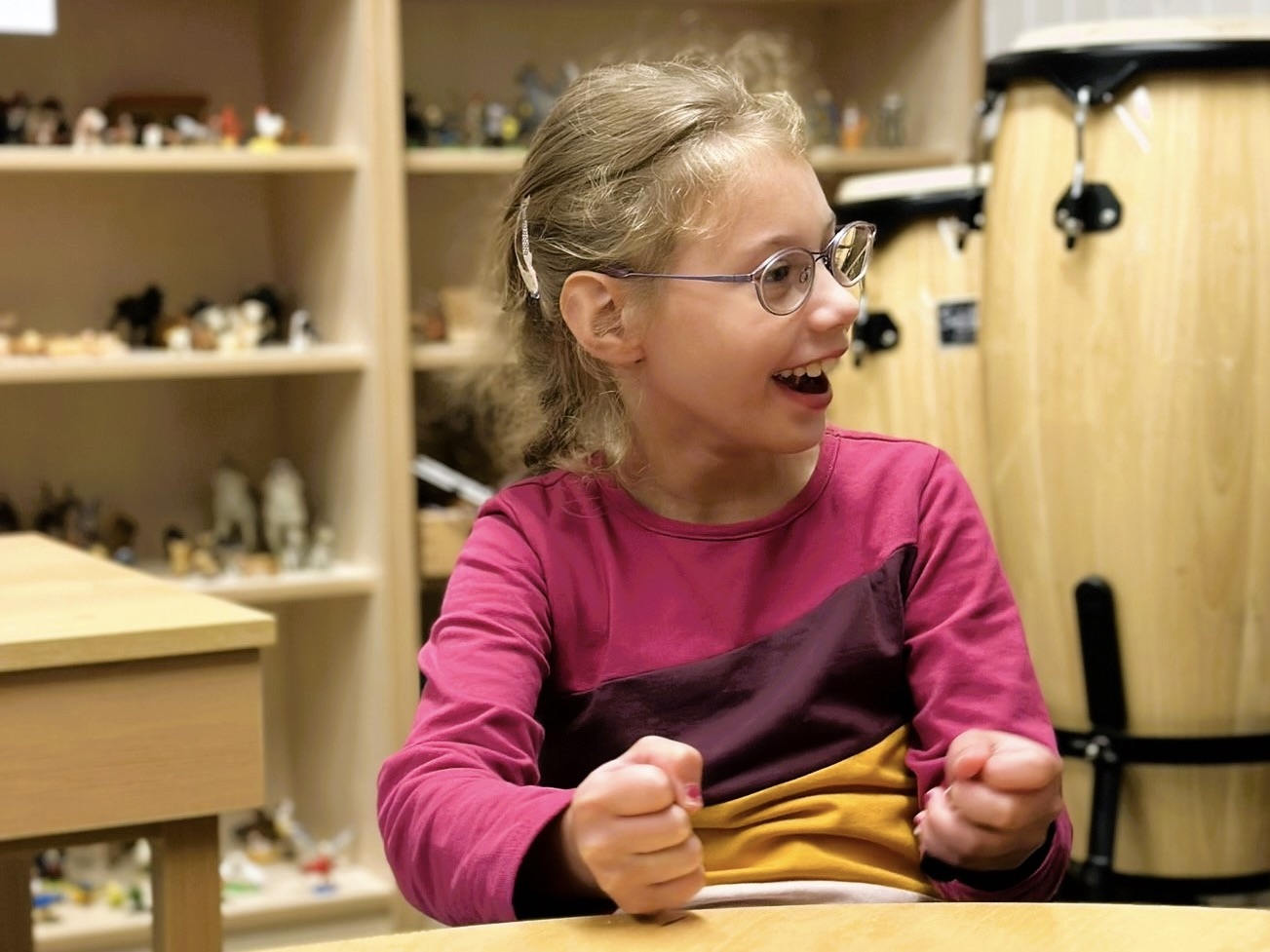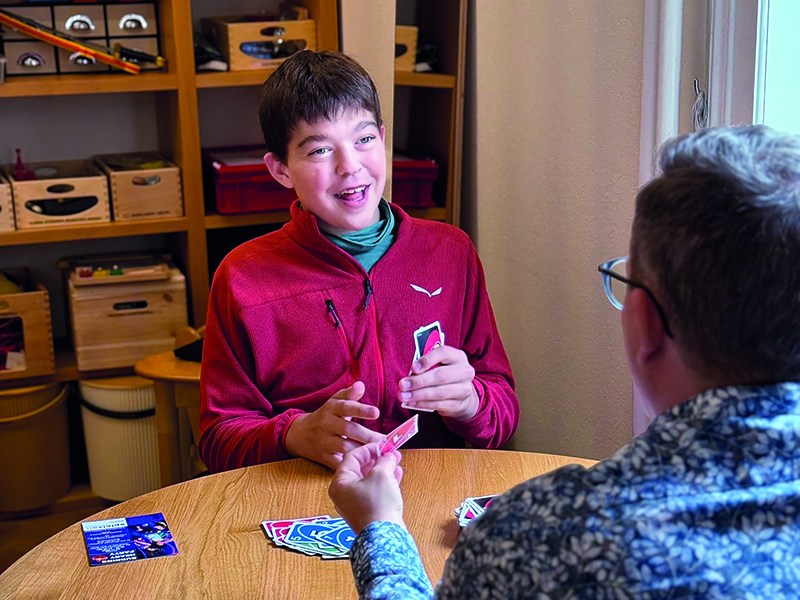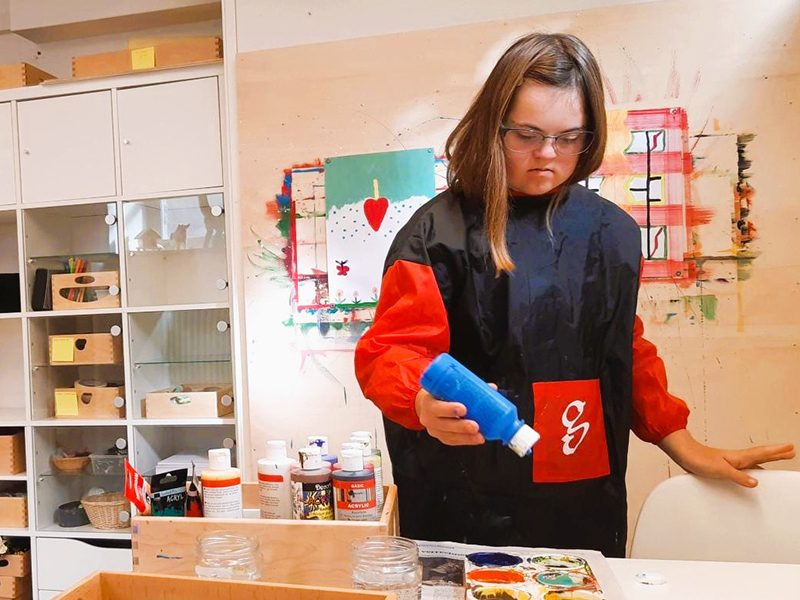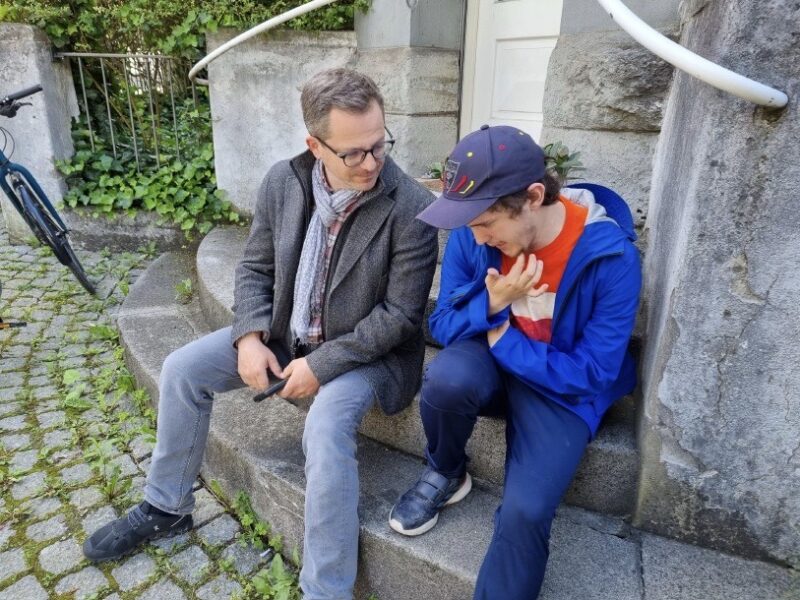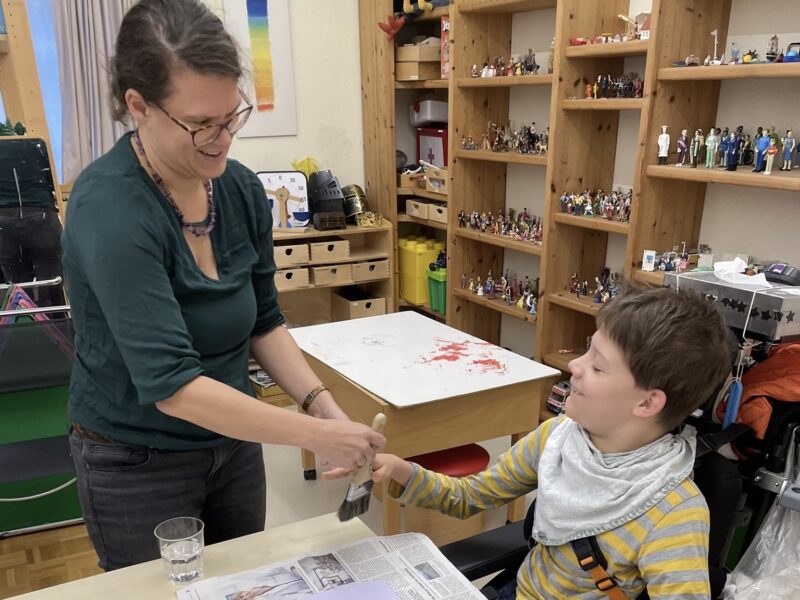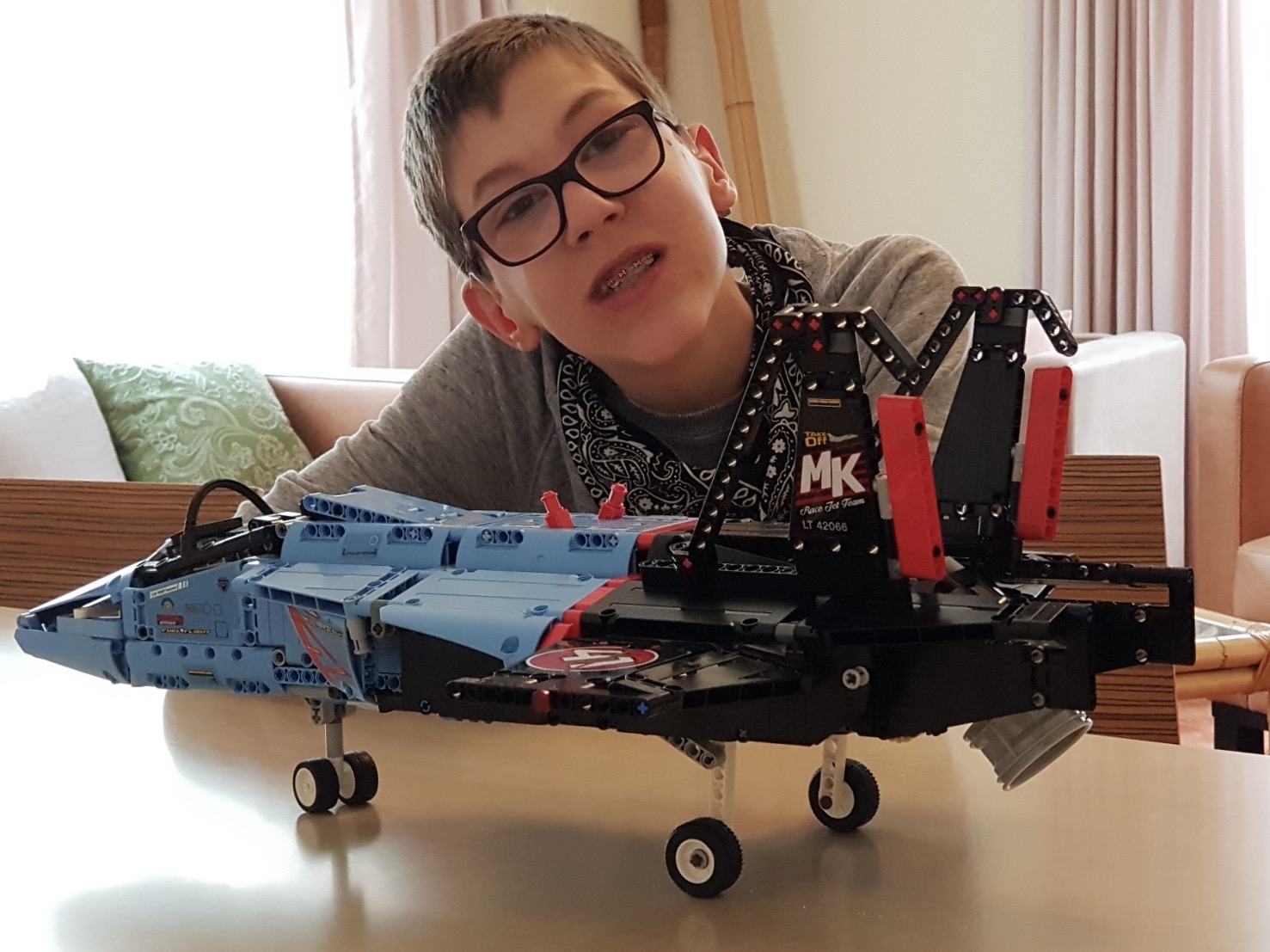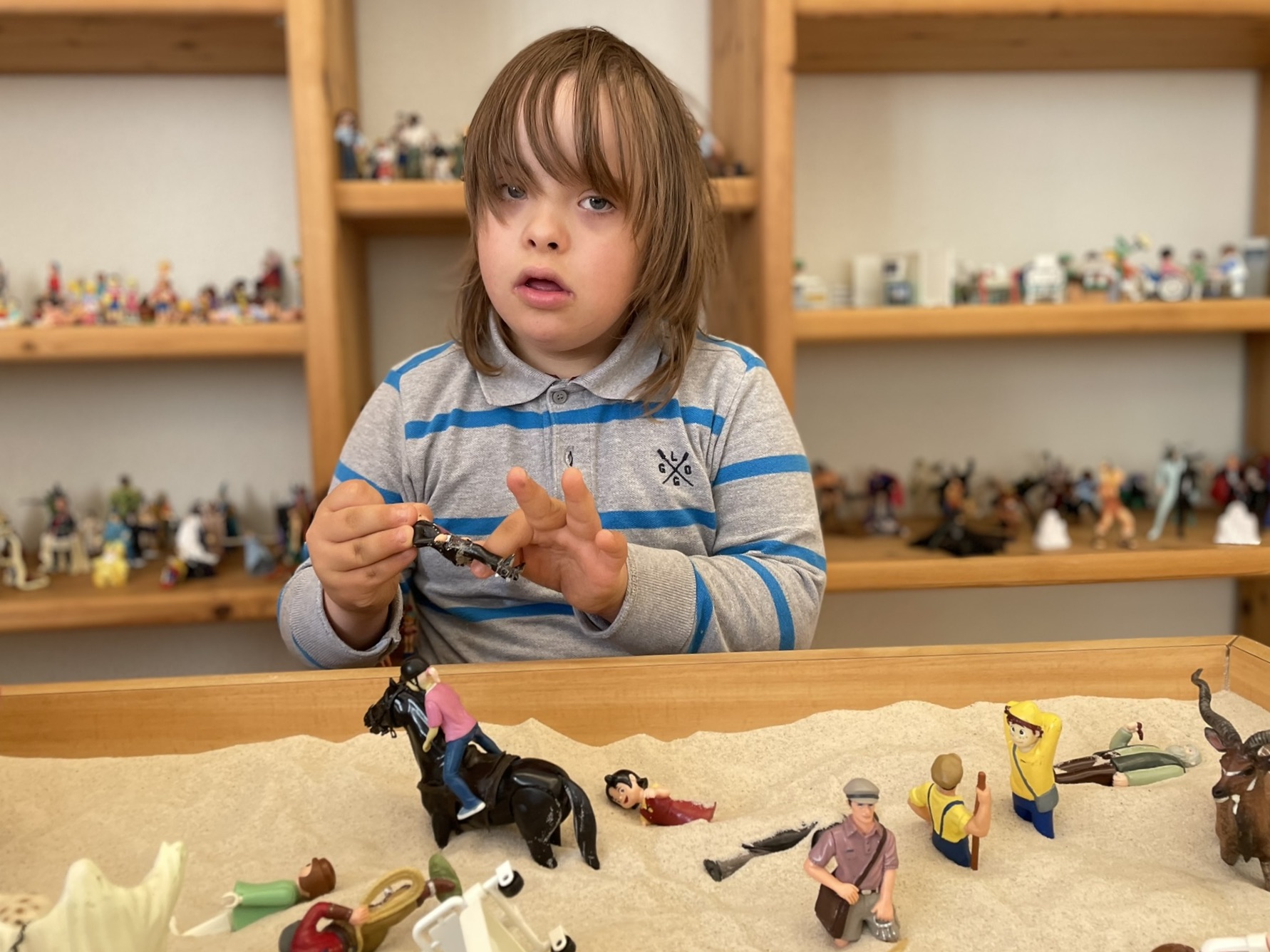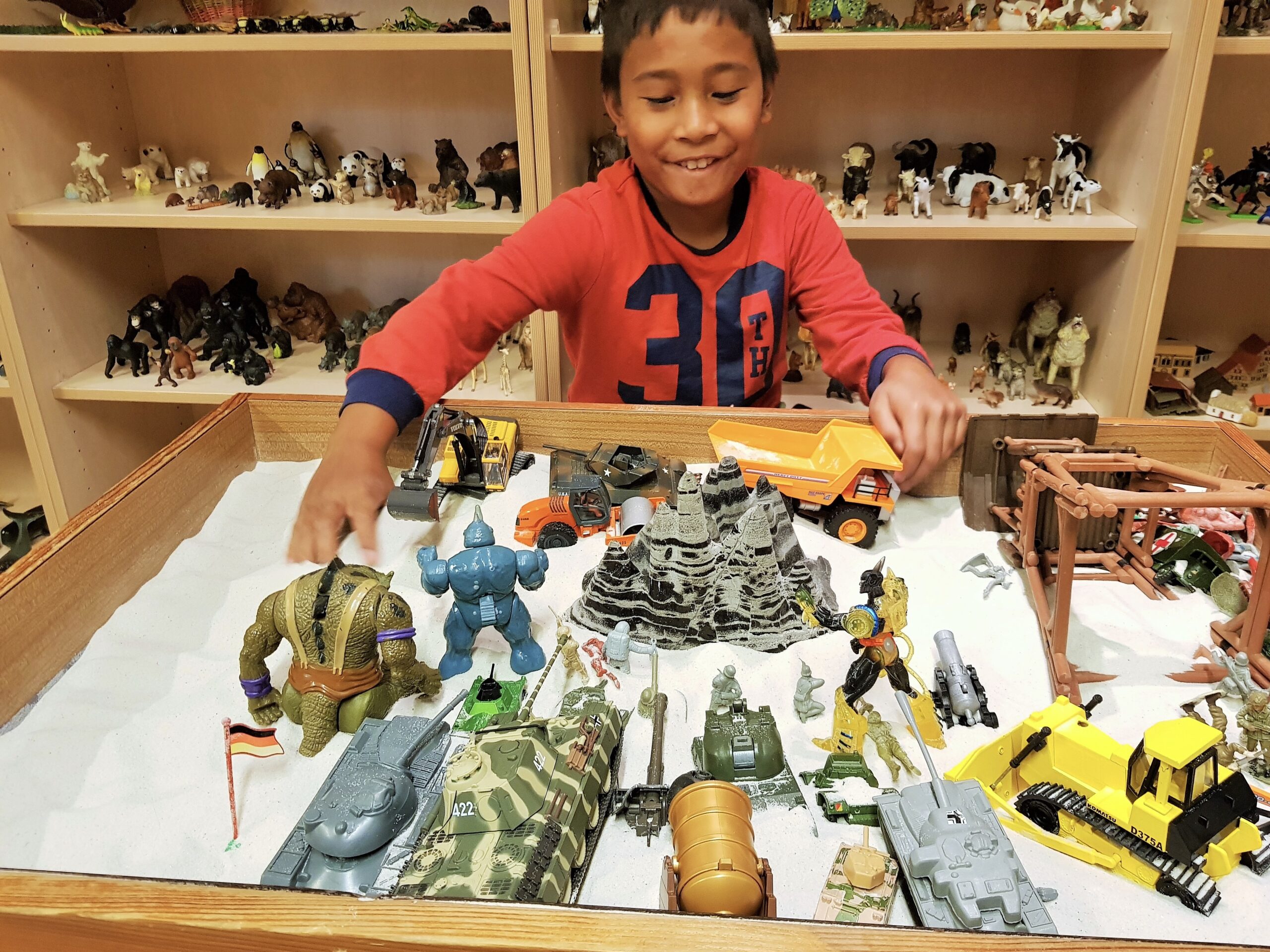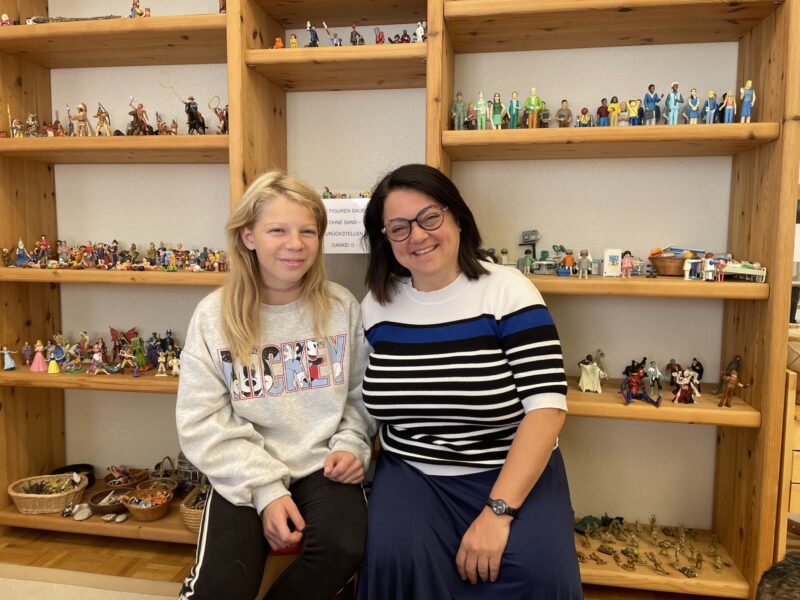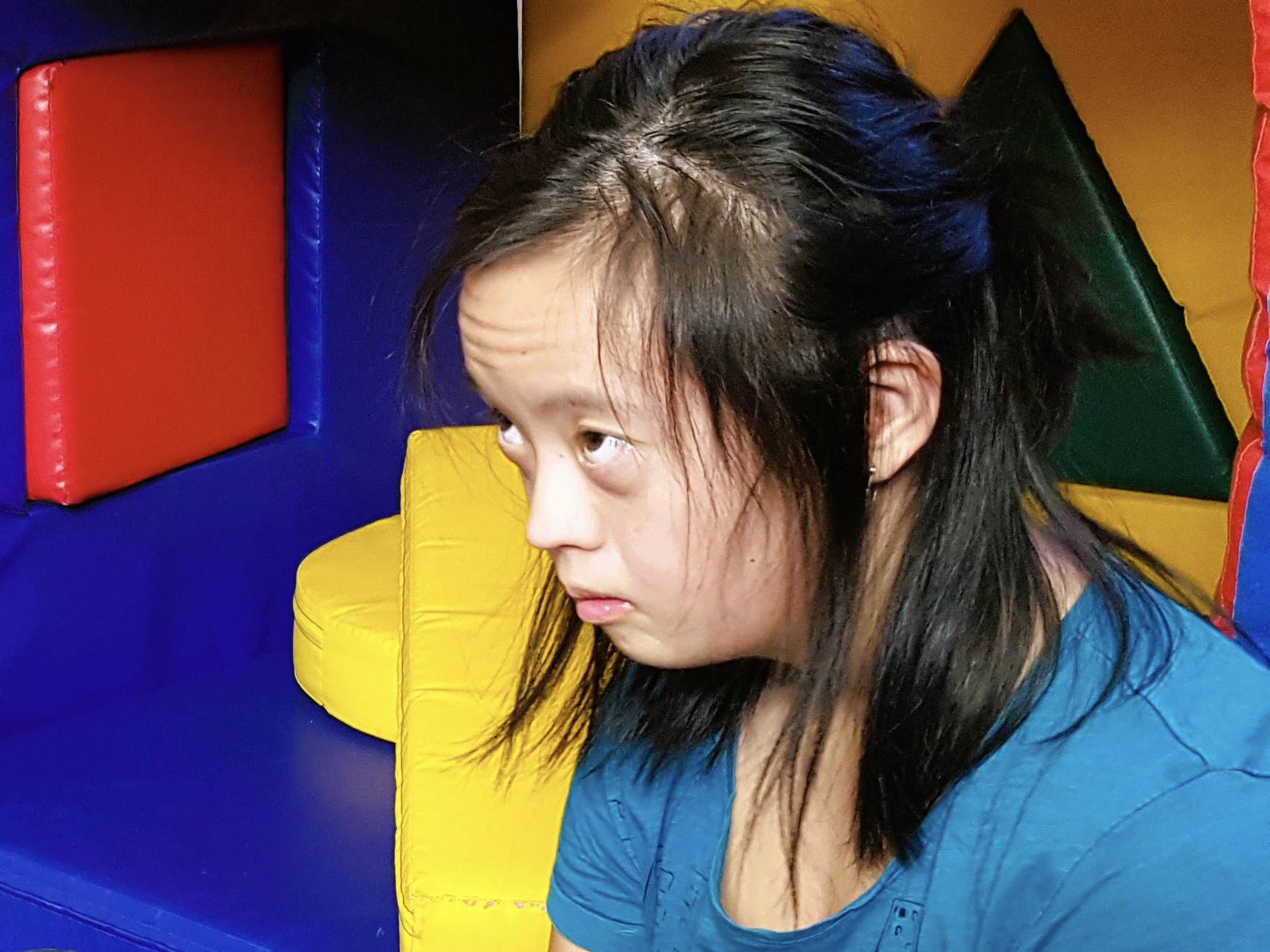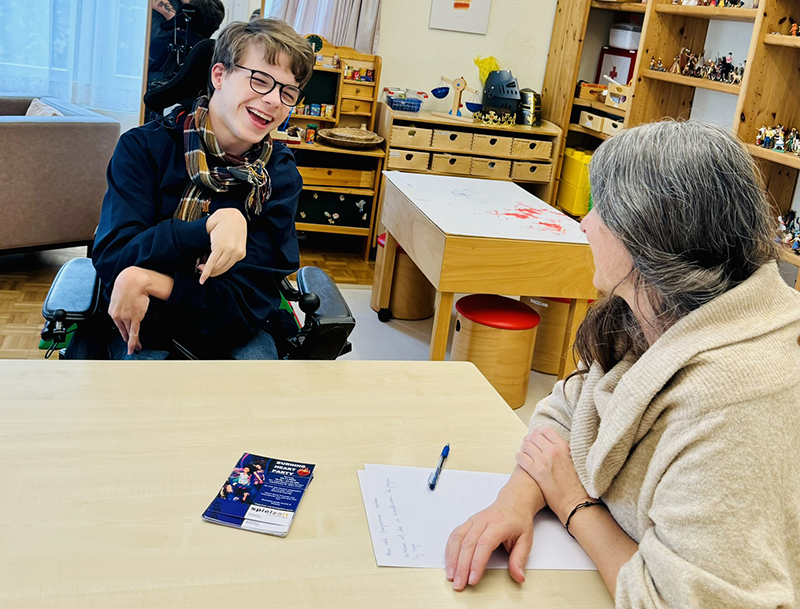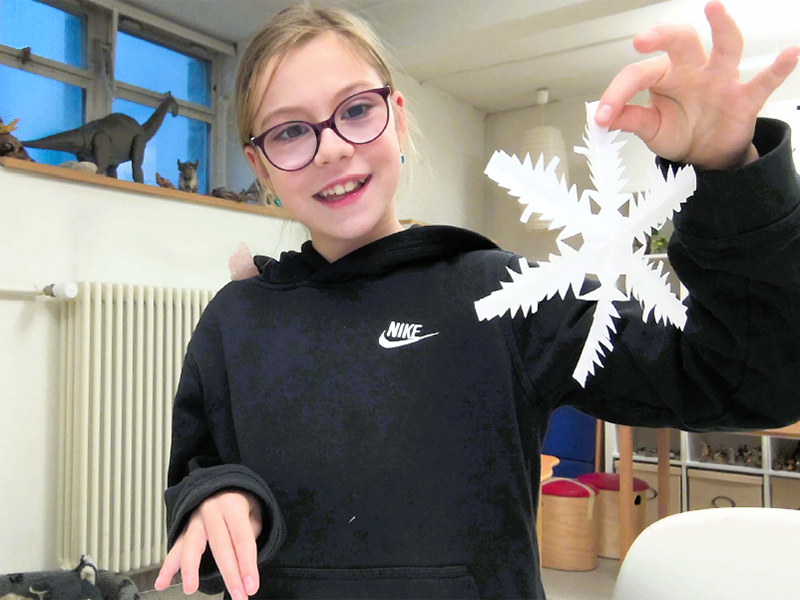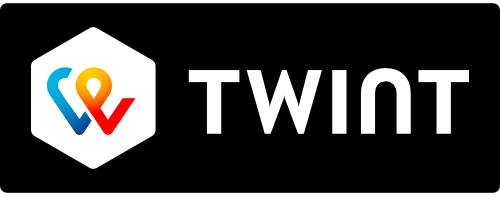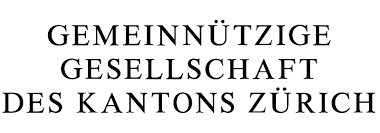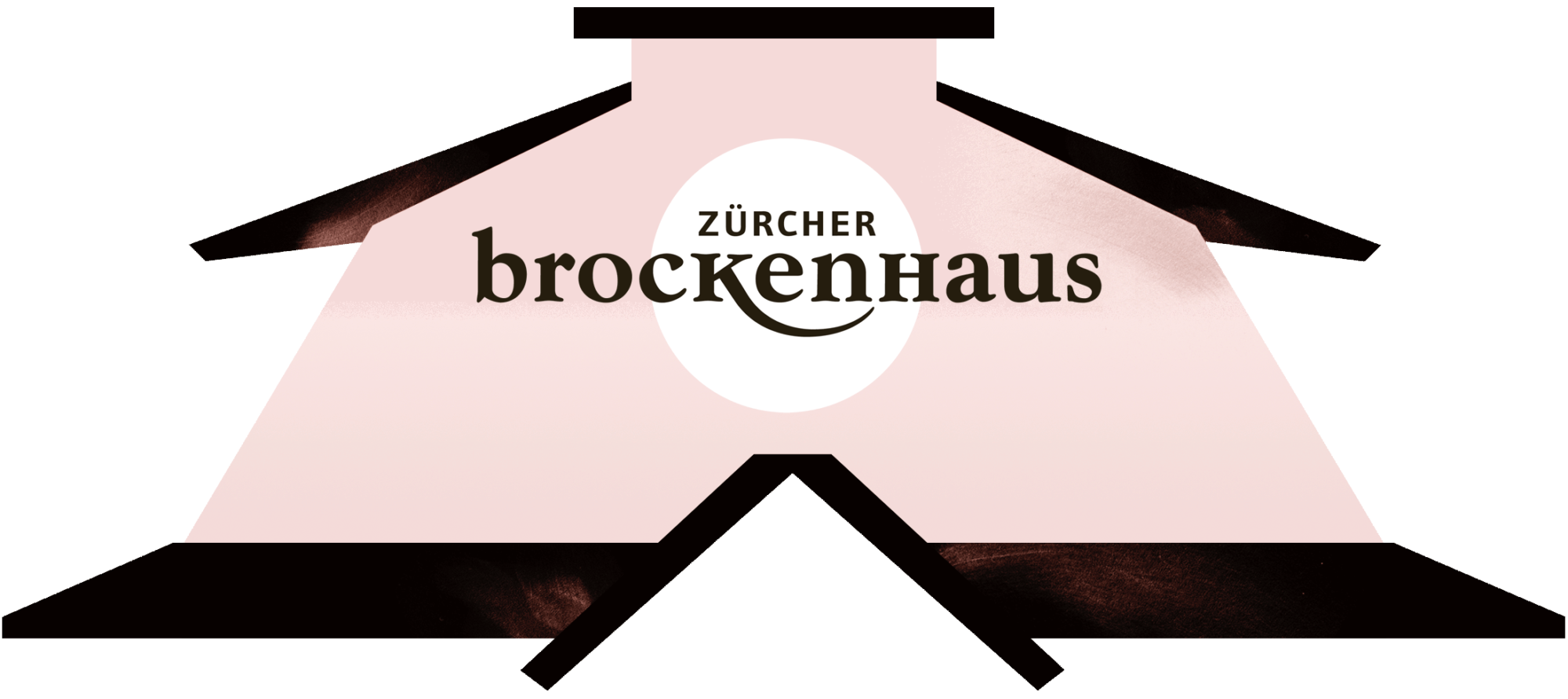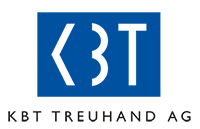Non-profit status
Swiss Foundation
Spielzeit – A project of the MLFI non-profit foundation
The Spielzeit is a project of the non-profit Swiss foundation The M.-L. von Franz Institute for Studies in Synchronicity (MLFI). It is supported by the foundation within the scope of the purpose “Promotion of educational projects”. The common interest is in the topic of psychosomatics.
As a Swiss foundation, the MLFI is exempt from taxes and is subject to the Swiss Federal Supervisory Authority for Foundations (ESA).
In research, the MLFI supports scientific projects in the field of what the renowned Swiss psychologist C.G. Jung called “synchronicity”. If necessary, the MLFI Foundation also covers the deficit and enables Spielzeit to keep its administrative costs to a minimum by sharing some of the costs.
In terms of methodology, Spielzeit is independent of the sponsoring foundation. Spielzeit psychotherapies combine different treatment approaches and are tailored to individual needs.
Donations
Why does Spielzeit need donations?
No family should be left alone with a child or adolescent with heavy burdens due to a lack of financial resources and state cost coverage. It is also important that we can help immediately in acute emergency situations, before any cost coverage is assured.
As a non-profit organization, we are therefore also dependent on donations. For around 40 years, we have been committed to ensuring that every young person – regardless of their background and type of impairment – receives psychological support when needed.
You can deduct donations from your tax bill. At your request, your donation will be treated separately and listed in our annual report. Controlling of the use of donations is ensured by the auditors Lienhard Audit AG (Zurich) and the Swiss Federal Supervisory Authority for Foundations.
Deductibility and controlling of donations
You can deduct donations from your tax bill. On request, your donation will be treated separately and listed in the annual report. Controlling of the use of donations is ensured by the auditors Lienhard Audit AG (Zurich) and the Swiss Federal Supervisory Authority for Foundations.
“Make a donation to give children with a heavy burden the gift of self-esteem and joie de vivre.”
Lara Gmür, Responsible Fundraising Department
Children and young people feeling well cared for at Spielzeit.
The right donation for every cause
General donation
Every contribution helps – for example in emergencies when there is not yet an order for psychotherapy or for the purchase of special therapy materials.
Project donation
Thanks to our FörderUns (Promote us) therapy sponsorship project, countless children and young people in difficult situations have already been helped out of their crisis. They now experience what it feels like to be socially, educationally or professionally integrated into a community.
Testamentary donation
Would you like to pass on the gift of a fulfilled life to disadvantaged children? Then a donation in your will could be the right thing for you.
Contact donations and fundraising
We will be happy to send you our documents on request. I am also personally available to provide you with further information and look forward to talking to you:
Lara Gmür, psychologist FSP, responsible for fundraising
Phone +41 43 810 08 10, lara.gmuer-mindell@spielzeit.ch
How you can donate
E-Banking or Payment slip
by post
IBAN CH11 0025 1251 8018 24M2 R
The M.-L. von Franz Institute, UBS Zurich Römerhof, PC 80-2-2
We will also be happy to send you a payment slip by post on request.
Deductibility and controlling of donations
You can deduct donations from your tax bill. On request, your donation will be treated separately and listed in the annual report. Controlling of the use of donations is ensured by the fiduciary company KBT (Zurich), the auditors Lienhard Audit AG (Zurich) and the Swiss Federal Supervisory Authority for Foundations
A case study
In puberty, Ruth (16) suddenly freezes.
Ruth (name changed) has Down’s syndrome. She grew up with an older sister and a younger brother. Her parents work and share housework and childcare. Ruth is a calm and happy child. read more
At the age of 16, towards the end of special education school and shortly before moving on to an apprenticeship or employment, Ruth comes to Spielzeit.
Ruth fell into a stupor from one day to the next in the face of the impending changes. She no longer speaks, doesn’t react when spoken to and barely moves. This condition is known as severe regression. It is observed in people with trisomy 21 worldwide and can occur for no apparent reason, albeit very rarely. It is impossible for Ruth to work in this state.
Due to the contact difficulties, we begin to work with the adolescent using the “Spielzeit method”. This special treatment approach was developed by Robin Mindell – founder of Spielzeit – over the past 20 years. A positive response to the application for cost coverage by the IV took 15 months.
It is only thanks to a donation that Ruth can be treated promptly using the “Spielzeit method”.
In addition to the stupor, we suspect severe depression, but recommend an endocrinological examination first. This reveals an undiagnosed autoimmune disease. The hypothyroidism associated with this can now be treated immediately.
Ruth’s regression gradually dissolves as a result of the treatment.
At the beginning we see Ruth twice a week. We plan so-called experience and action spheres in therapy. Through these contextual action sequences, Ruth can gain experience in a community, which should lead her out of her withdrawal and motivate her to participate in social activities again. The main therapist initiates action sequences with the co-therapist, whereby the patient begins to react to motor and/or auditory impulses. The co-therapist mirrors the patient’s behavior.
- The “Spielzeit method” was developed based on the concept of situated learning. In the experience of negotiating meanings in a community, fundamental changes or transformations are brought about. In this way, stagnating development can be promoted by means of an individually and collaboratively designed construction process (see Schmohl 2021).
For example, we choose a piece of music that we know is very important to Ruth. It is played and ended prematurely in the hope of triggering an instinctive counter-reaction in Ruth. The co-therapist is then visibly sad, she wants to hear the piece of music to the end. The main therapist shows her how this is possible and verbalizes what she is doing: “This way you can press the device to continue listening to your music.” After a while, Ruth – who had previously sat there completely impassive – raises her arm towards the jukebox on her own and lets the music play again. A start has been made: Ruth gets moving. The process continues step by step.
- On the basis of innate behaviors such as identification and mirroring, impulses for liberation from states of rigidity or stagnation are encouraged in order to make use of them in Ruth’s everyday life.
After a year of psychotherapy and intensive efforts, Ruth finally begins to initiate her own actions and social interactions: She chooses toys again independently and without prompting, begins to hide and is happy when the therapists find her playing hide and seek. Another milestone for Ruth was the discovery of free painting. With great attention to detail, she creates pictures that reflect her emotional state.
After two years of therapy, Ruth has found her inner voice and begins to speak again. Now, for example, she is also able to express worries. And we can finally recommend switching to a workshop with a daytime structure. Ruth takes part in various activities and tasks here, such as sewing. And she enjoys it! Ruth takes part in life again with joy.
Help children and young people with a donation so that they can say “yes” to life again.
The Spielzeit team would be delighted to count on your support.
Friends of Spielzeit
Generous partners of the season
The “Friends of Spielzeit” donate to our charitable organization or provide discounted services or free benefits in kind, thus supporting the psychological support of young people with severe stress. It is therefore a pleasure for us to list the companies and foundations that have agreed to be mentioned here.

